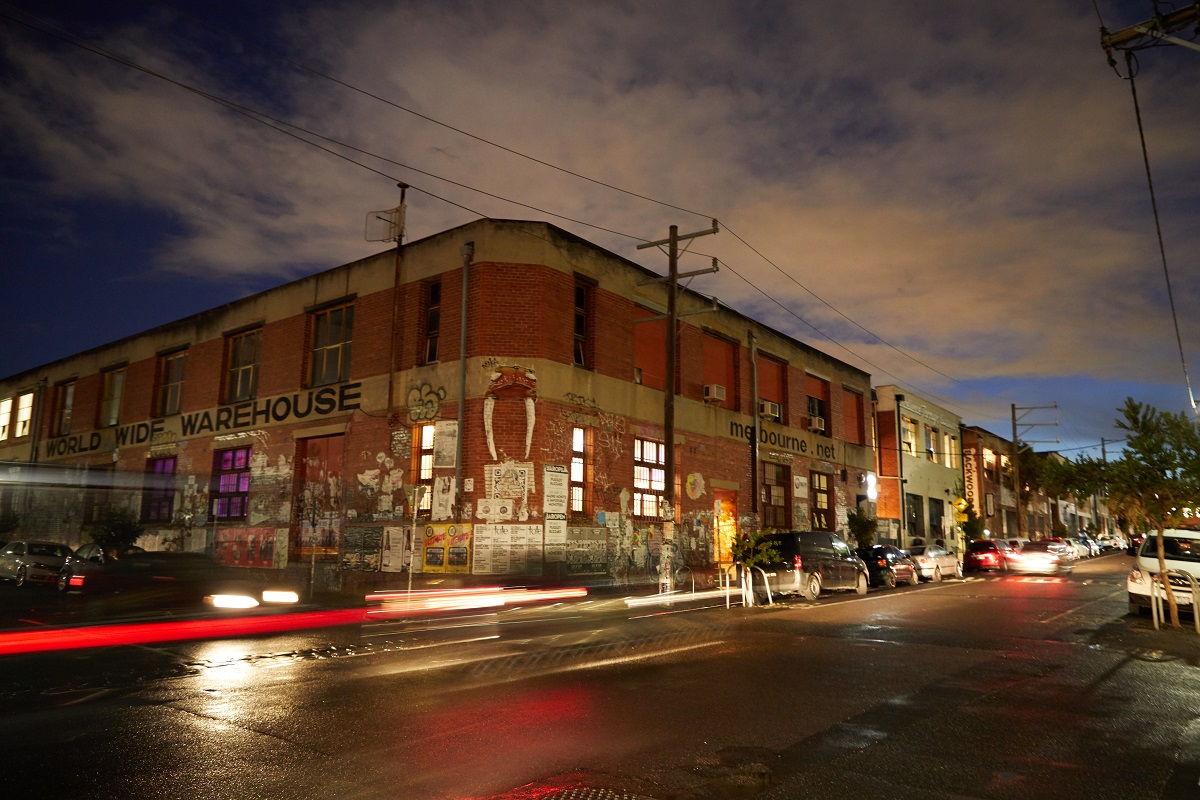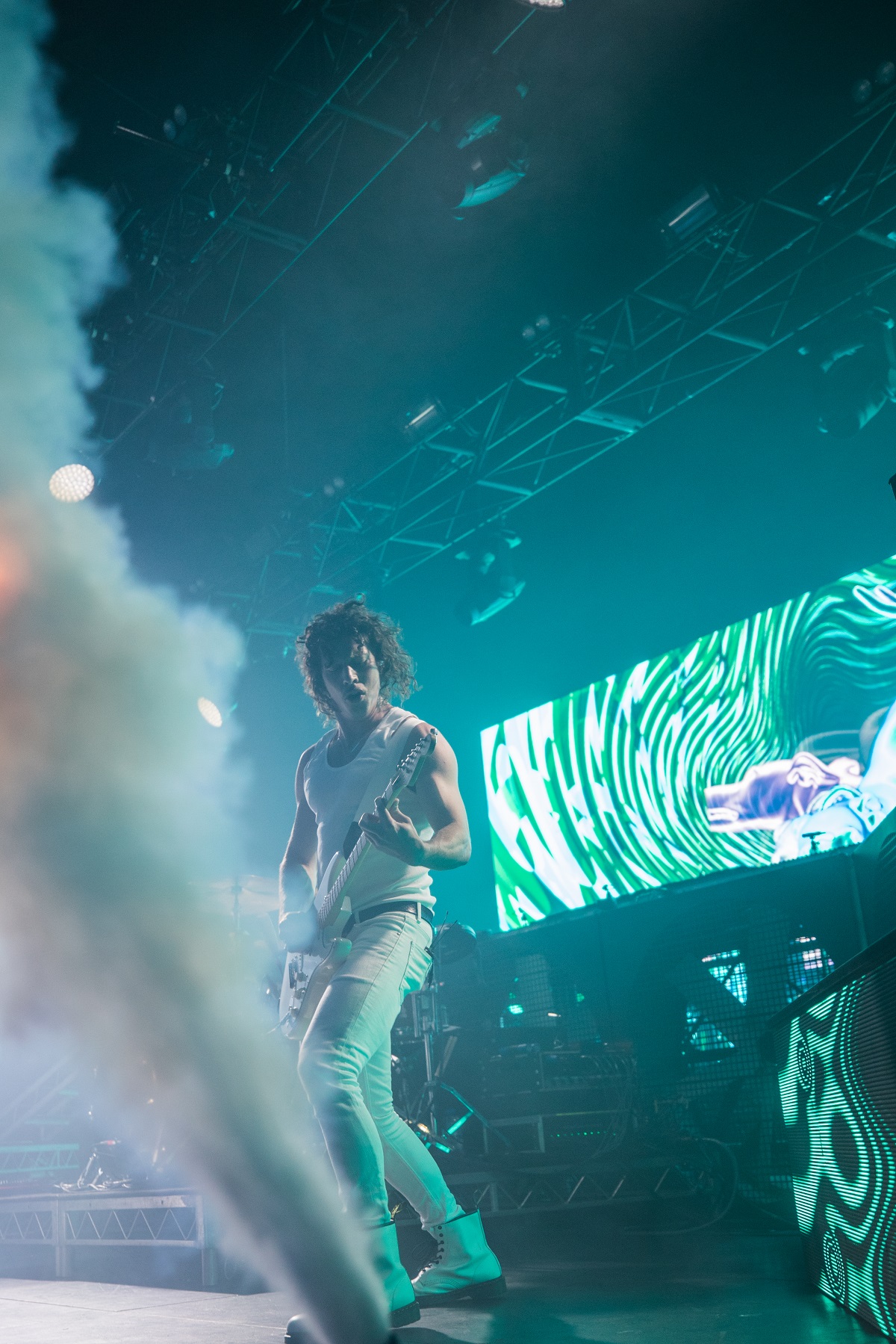“Good afternoon, the time is 4.30pm, Friday the 21st of December, and this is 3PBS FM commencing regular transmissions on 107.7 megahertz.” With this announcement broadcast from their studios in the Prince Of Wales Hotel in 1979, presenter John Roberts marked the birth of a Melbourne institution.
“It must be stressed at the outset that we aim to reverse the accepted conventional wisdom that radio is beyond the reach of the masses – you or I – and that listeners don’t rate nor can individuals have influence on programming policy,” continued Roberts. “PBS offers you the opportunity to become involved in its various working groups, and in short, to be part of our history.”
38 years later, the impact of that opening statement and its intent can still be seen, heard and felt. Not just through the airwaves, but in the various events, publications and projects that are propelled by the many “enthusiastic amateurs”, as Roberts described them, that keep the station running.
“Every announcer makes sure they are at the forefront of the scene they are a part of,” says Smoke and Mirrors presenter CC:Disco. “It’s the only station that goes from disco to metal on a Friday night and no one complains.”
The fact that very few of the people involved in the station actually get paid means there is no shortage of passion from the announcers who tirelessly dedicate their time to imparting their knowledge in their area of expertise. “The depths that each announcer delves into their specific genres are very special,” notes Black Wax’s Adam Rudegeair.
“You might see a newspaper article about jazz when there’s a major festival happening, and it probably has a headline like ‘All that Jazz’ or ‘Life is a Cabaret!’ They really fail to acknowledge that a broad term like ‘jazz’ or ‘soul’ could encompass anything from D’Angelo to Dinah Washington, or Henry Manetta to Hiatus Kaiyote.”
While the station has undergone some changes since ’79, including frequency and physical location, the mission statement laid down in that initial broadcast “to provide primarily music broadcasts of a high quality and progressive nature encouraging musical education and innovative presentation” remains the same. The diversity of voices championed by the station is a direct reflection of the local artistic communities chiefly because, not only are the presenters and producers active within those scenes, but the entire enterprise is funded directly by its listeners.
“PBS is a lot bigger than just playing music and having others listen – there is the opportunity for dialogue between like-minded people,” says Opalakia’s Adriana. “The exchange of knowledge, stories, culture and ideas are the foundation blocks of our station.”
As has been proven time and again whenever new surveys or statistics are published, Melbourne is one hell of a music city, but its cultural heart would not thrive nearly as much as it does without the almost 80 dedicated programs that populate PBS’ guide. Unlike commercial radio stations, it’s miraculous that this is all done without the benefit of external funding.
“The Liberal government cut a further $84M from the ABC in the recent federal budget but somehow found nearly $50M for a Captain Cook memorial,” says Riddem Yard’s Rick Howe. “We can’t trust our current government to support independent media, so it’s up to us to get behind listener-funded stations like PBS that nurture the arts scene and represent the community.”
All the announcers seem to agree on the same point – that unlike many forms of traditional media, community radio serves as a two-way conversation, including its listeners as part of the ongoing dialogue, whether it be on a specific topic or about the direction of the station in general.
“Community radio is integral to the cultural vitality of a place and its people. It’s a symbiotic relationship,” says Homebrew’s Maddy and Patty.
“Without that people-power, passion and activism, community radio would not survive. And without community radio, musicians cannot flourish, venues cannot grow and develop, the benefits of music participation as punters cannot flower.”
In order to ensure that enough listeners subscribe to keep the station running every year, PBS hosts a Radio Festival, during which the announcers dedicate their shows to the cause of drumming up support. “One highlight was playing Enya on repeat until 20 people signed up,” CC:Disco recalls.
“I was sweating bullets at the time, but I held out and it worked – only got to repeat it once. It blows me away how much passion the listeners have, and it makes it so much more special to be a part of that.”
Through broadcasting ideas and voices that wouldn’t receive the same platform in today’s mainstream media, PBS FM is a reflection of the communities it represents and remains a vital part of Melbourne’s identity and culture, long may it live.







